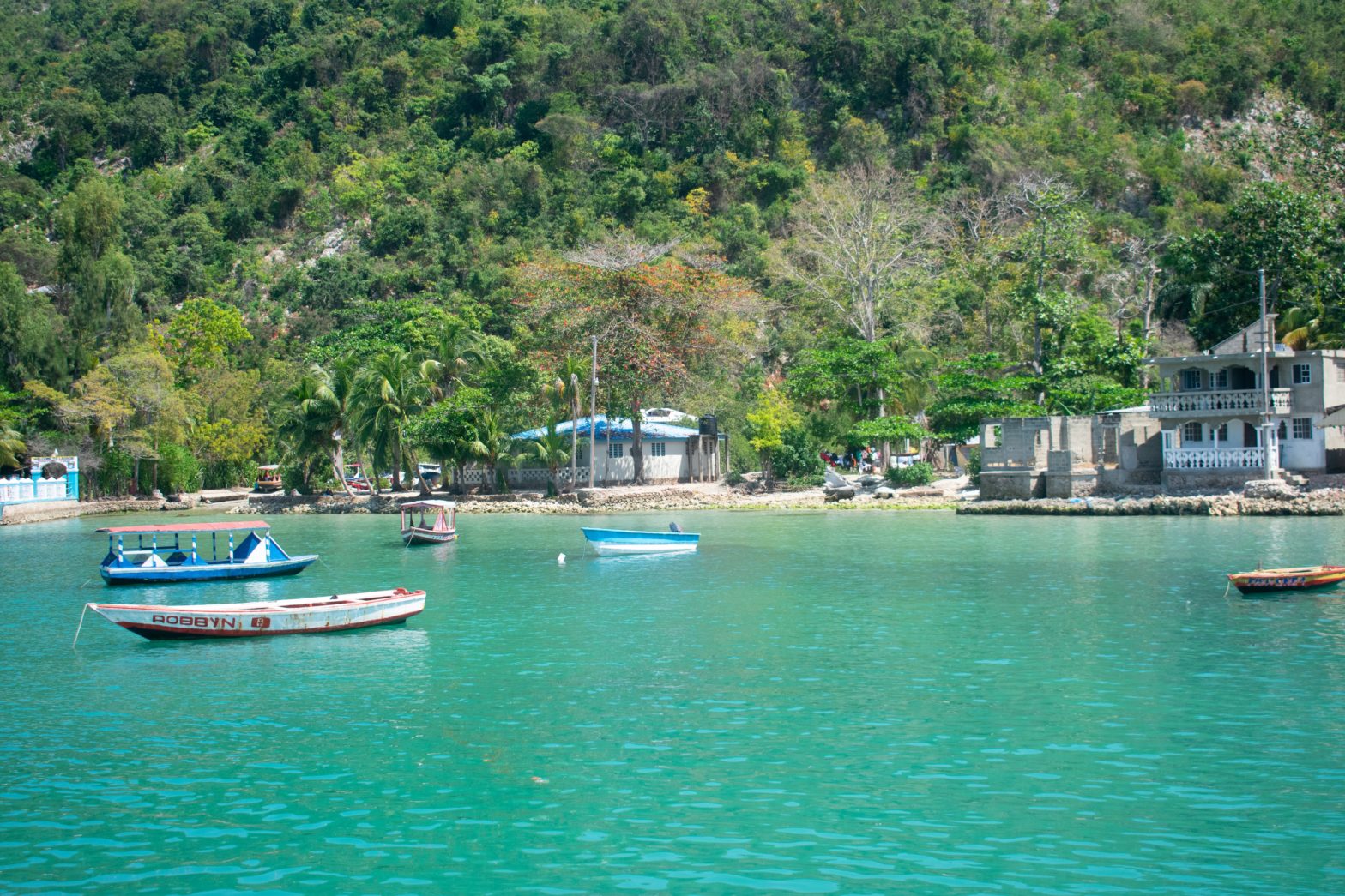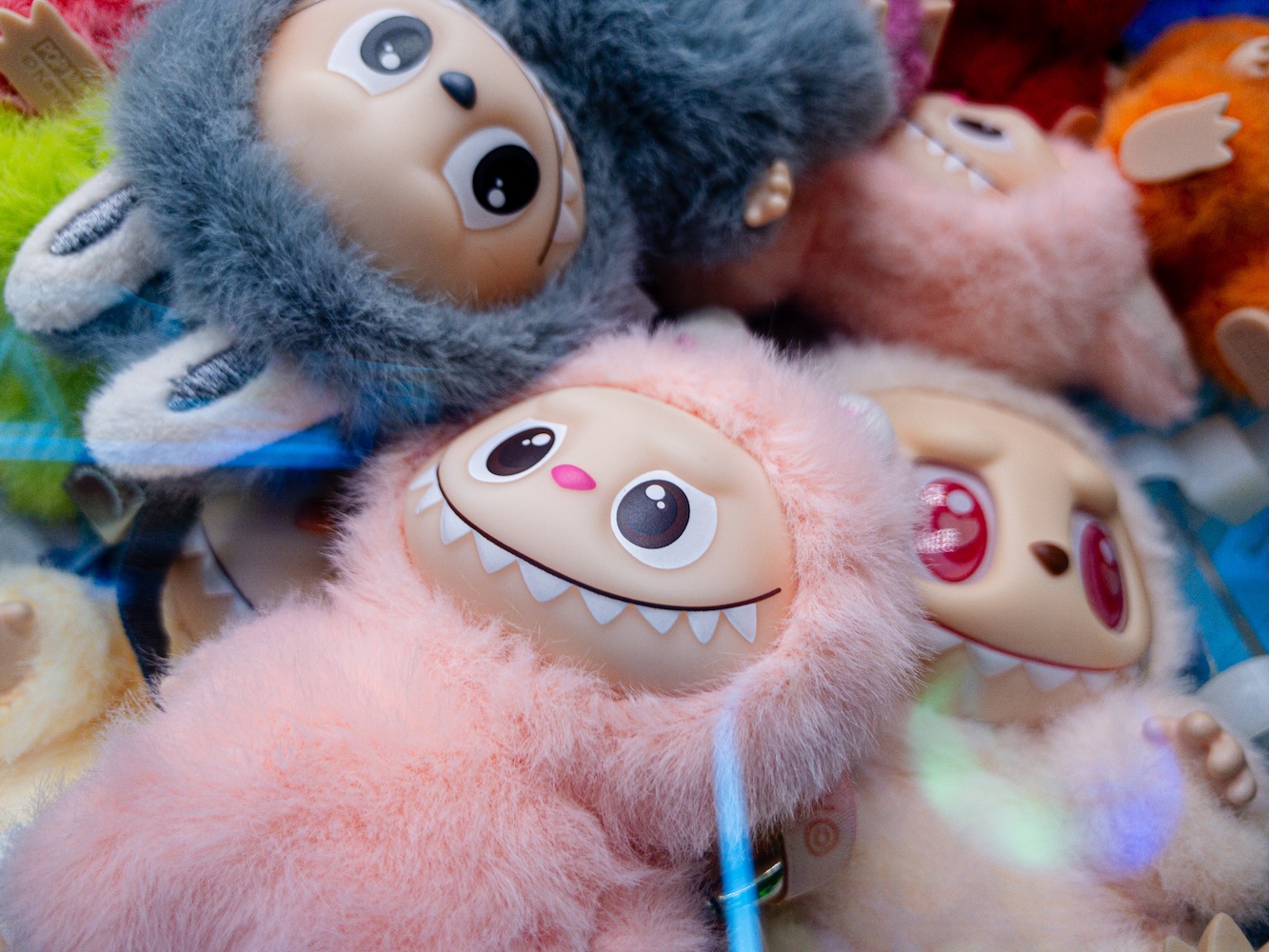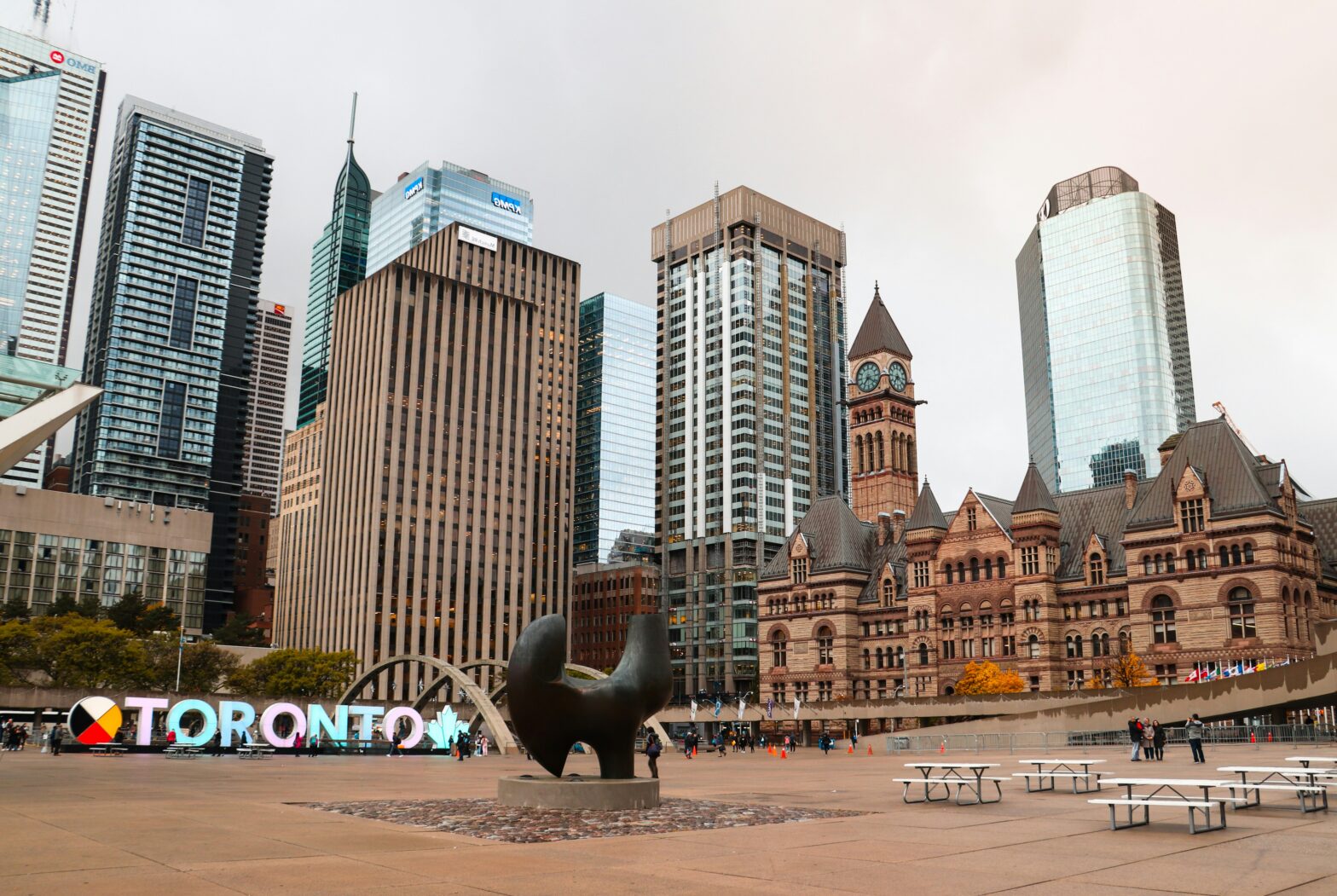When most think of the Haitian Revolution, a pivotal episode in the island’s history, most think of Touissant Loverture or maybe Jean-Jacques Dessalines. But did you know that one of the early leaders of the revolution wasn’t Haitian?
Dutty Boukman was born in Senegambia (present day Senegal and Gambia) before being sent to Jamaica and finally sold to a slave owner in Haiti. His surname was apparently a play on “Book Man,” since he could read.
Boukman was quite religious and spiritual. According to Vocal Africa he “may have practiced a combination of disparate blends of Voodoo, but one thing is sure, he was never Christian. He once stated, ‘you want to win? Cast aside your white god. Embrace your African spirit. You are free.’ “
Boukman’s voodoo practices were instrumental in helping him liberate Haiti. He commanded respect due to his “fearsome temper, large size and warrior-like appearance,” and others knew not to cross him. Boukman understood the power of knowledge, and naturally, this was threatening to the French colonizers.
At the onset of the revolution in August 1791, Boukman “presided over a ceremony alongside Voodoo priestess Cécile Fatiman.” His prayer reassured the slaves that they would overthrow the colonizers and be free.
The prayer, which Boukman would have recited in Creole, went as follows:
“The god who created the earth, who created the sun that gives us light. The god who holds up the ocean; who makes the thunder roar. Our god who has ears to hear. You who are hidden in the clouds, who watch us from where you are. You see all that the white man has made us suffer. The white man’s god asks him to commit crimes. But the god within us wants to do good. Our god, who is so good, so just, he orders us to revenge our wrongs. It’s he who will direct our arms and bring us the victory. It’s he who will assist us. We all should throw away the image of the white men’s god who is so pitiless. Listen to the voice for liberty that speaks in all our hearts.”
Galvanized by Boukman, “between 1,000 and 2,000 slaves” participated in the uprising in the northern part of the island. Study mentions “rebels moved from plantation to plantation burning, pillaging, and killing as they went. As Boukman and his followers moved through the colony, thousands of more slaves joined the fight.”
It goes without saying that the French wouldn’t allow Boukman to live. After his capture in November 1791, the French executed Boukman, and put his head on public display. The purpose of this grotesque act was to deter other rebels, but the tide had already turned in favor of Haiti’s liberation.
Related: Learn About Toussaint Louverture: The Architect of Haiti’s Freedom





